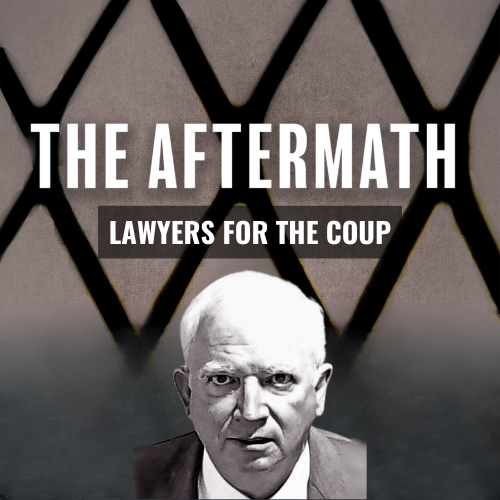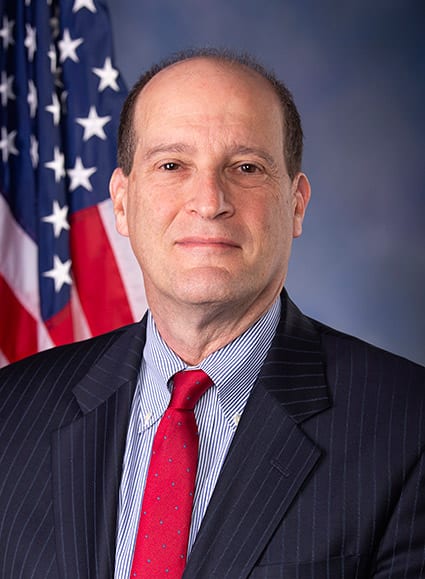The Aftermath: Lawyers for the Coup

Published by The Lawfare Institute
in Cooperation With

Today, we’re pleased to release Episode 2 of the second season of our narrative podcast series, The Aftermath, which examines the search for accountability for the Jan. 6 attack on the U.S. Capitol.
In Episode 1 of this season, we looked at the origins and legacy of The Big Lie—the claim that Donald Trump had won the 2020 presidential election. And we considered what has happened to one of its strongest advocates: Rudy Giuliani. Has he, and others like him, been held to account? Listen here or on your preferred podcast platform.
Episode 2 focuses on one of the more obscure elements of the lead-up to Jan. 6: the legal theory that inspired the insurrection. We know that the Big Lie galvanized the Trump supporters who descended on Washington. But why did they choose to gather on Jan. 6? What’s so special about that particular day? And why was so much of the crowd’s vitriol directed at Vice President Pence?
As it turns out, it was all thanks to some lawyers who devised a scheme centered on the counting of Electoral College votes. This previously little-known procedure is essential to American presidential elections—until the votes are counted, the election cannot be certified. And until the election is certified, there is no president-elect to take office only 14 days later.
The main author of the scheme was a law professor from California, John Eastman. Eastman, who had no official affiliation with the then-president or the White House, argued that the certification could be stopped, that Trump could buy more time to contest the results of the election—and even overturn it.
The one person capable of implementing the scheme? Vice President Pence.
We know now that Pence refused to go along with the plan, even as rioters outside the Capitol were calling for his lynching. But the scheme, which most people found absurd even at the time, came perilously close to succeeding.
So what happened next? Has there been any accountability for architects of the legal strategy, like John Eastman, who spurred an insurrection?
Find out in The Aftermath, Episode 2: Lawyers for the Coup.








